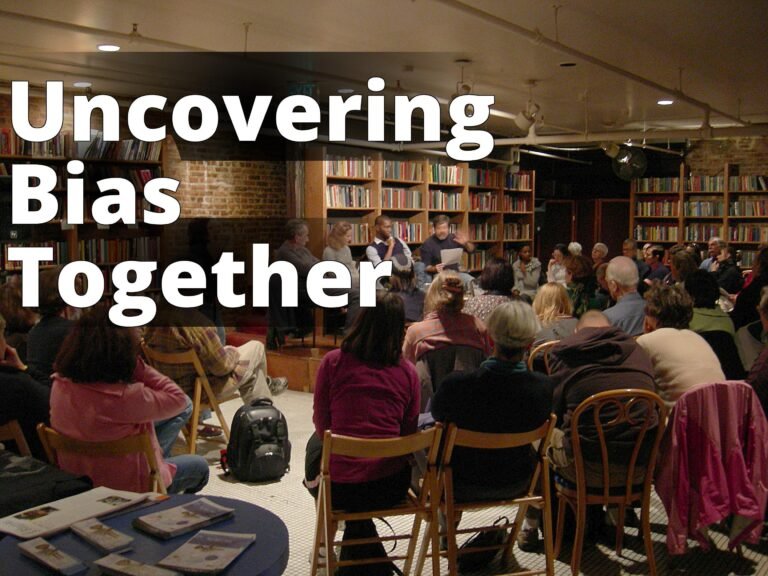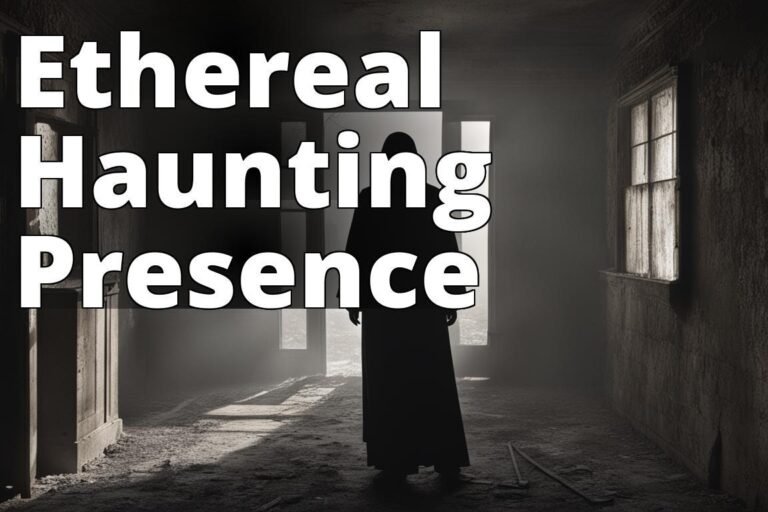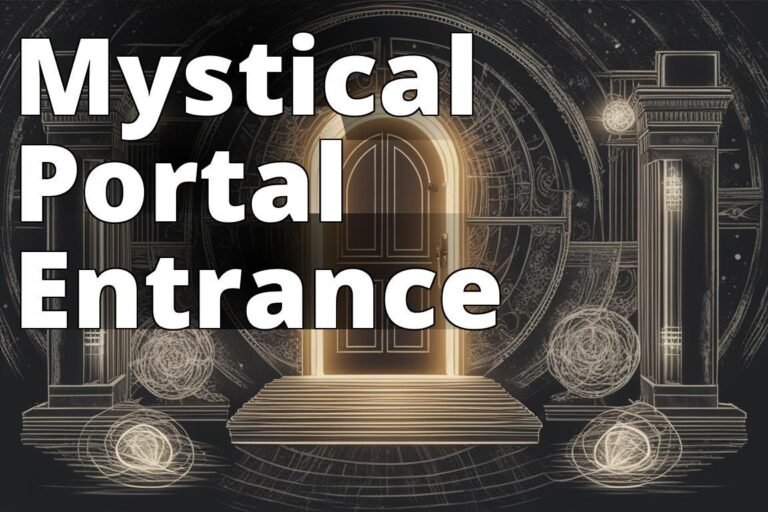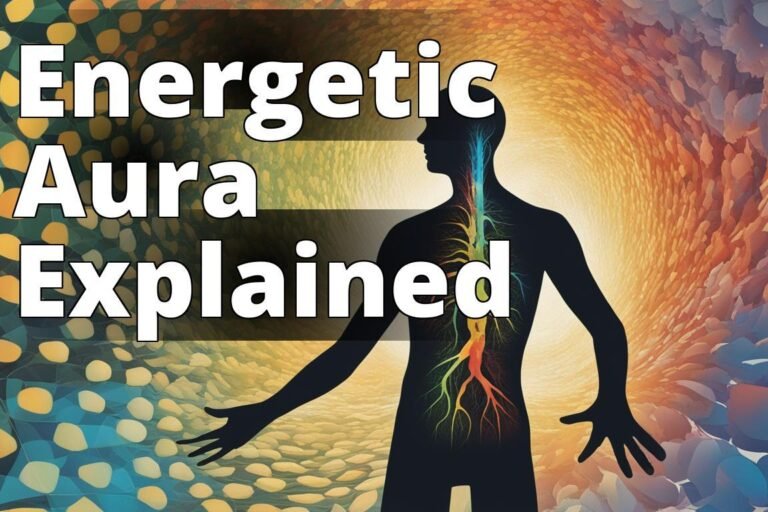10 Types of Cognitive Bias That Distort Your Thinking
Have you ever wondered why we tend to make the same mistakes or jump to conclusions? Behind these seemingly simple errors in judgment lies a complex interplay of cognitive biases. Cognitive biases are like invisible forces that shape our perceptions, decisions, and interactions in ways that often go unnoticed. Understanding these biases is not just an academic exercise; it’s a crucial step toward enhancing our critical thinking, decision-making, and interpersonal relationships.
Reasons to Understand Bias
- Learn about 10 common cognitive biases.
- Understand how cognitive biases can distort thinking.
- Discover ways to overcome cognitive bias.
What is cognitive bias?
Cognitive bias refers to systematic patterns of deviation from norm or rationality in judgment, whereby inferences about other people and situations may be drawn in an illogical fashion. These biases are essentially mental shortcuts that our brains use to speed up the decision-making process. Although they can be helpful, they often lead to errors in thinking, misjudgments, and flawed decisions.

10 common types of cognitive bias
1. Confirmation bias
Confirmation bias is the tendency to search for, interpret, favor, and recall information in a way that confirms one’s preexisting beliefs or hypotheses. For instance, if you believe that supernatural phenomena can be explained by physics, you might pay more attention to articles and studies that support this view and ignore those that don’t.
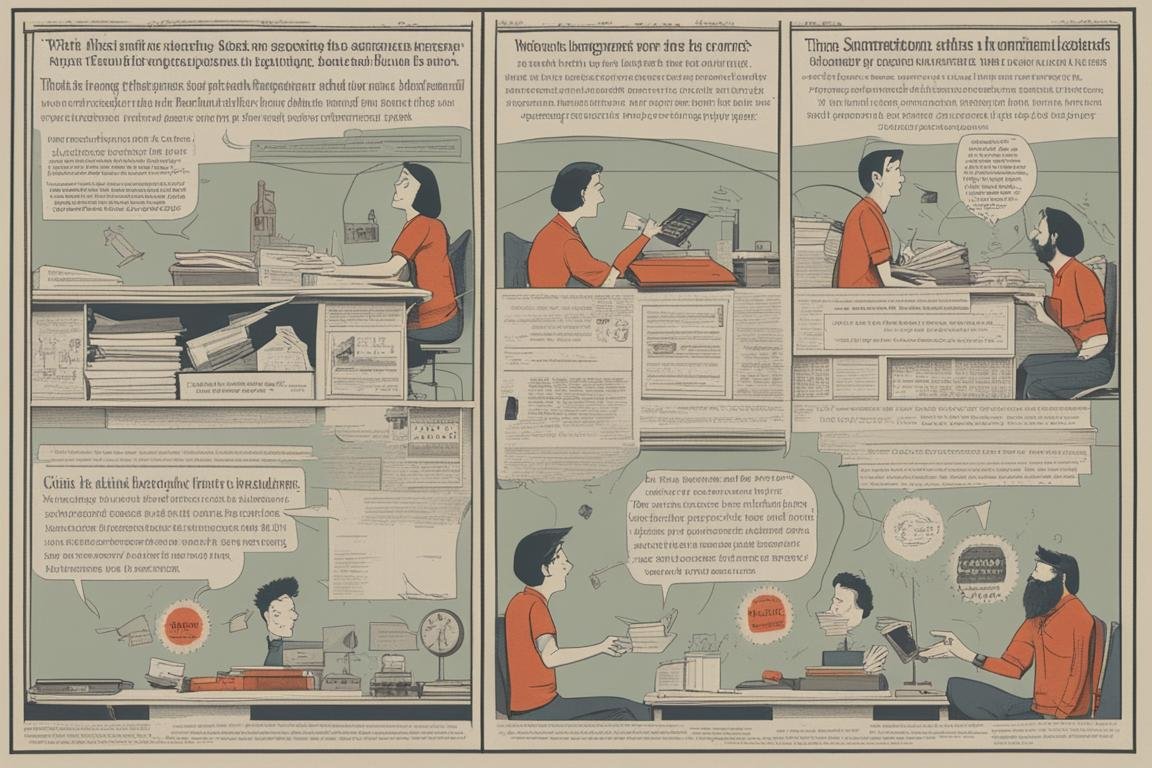
2. Anchoring bias
Anchoring bias occurs when individuals rely too heavily on the first piece of information they encounter (the “anchor”) when making decisions. For example, if the first psychic reading you receive predicts a significant event in your near future, you might give that prediction more weight than subsequent readings or even your own experiences.
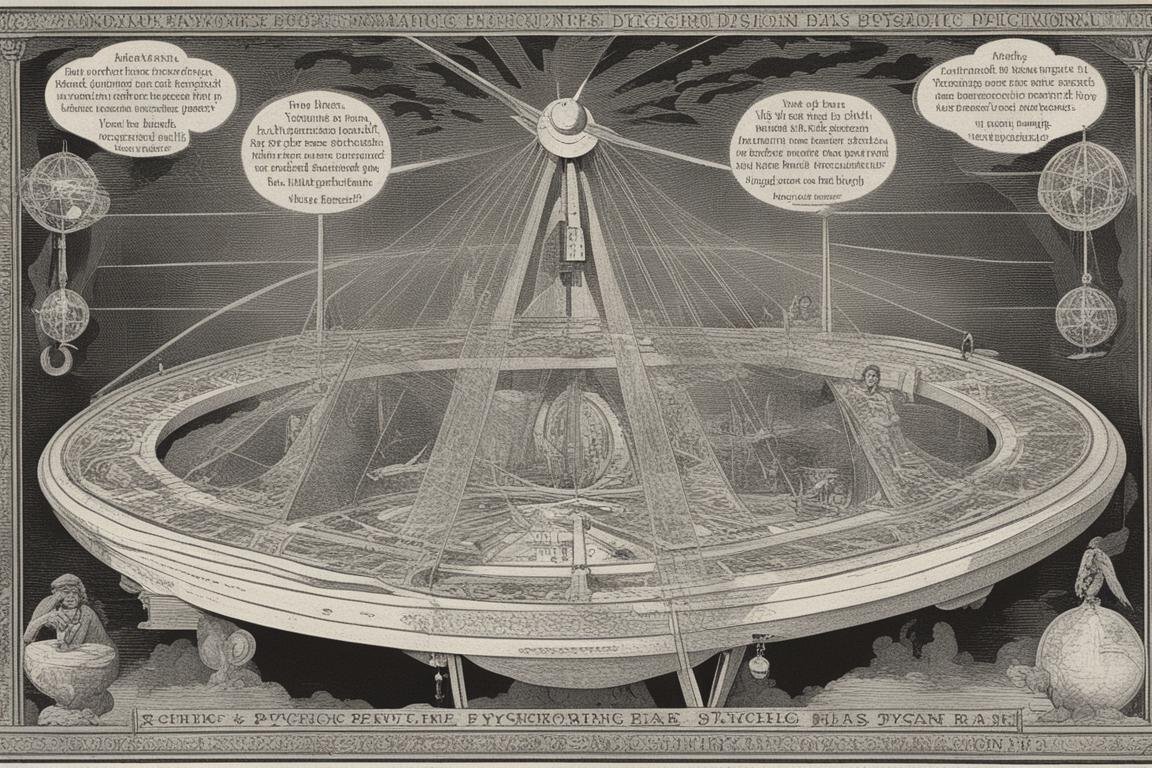
3. Hindsight bias
Hindsight bias, also known as the “knew-it-all-along effect,” is the inclination to see events that have already occurred as being more predictable than they were before they took place. After a startling supernatural event, you might think, “I knew it was going to happen,” even if there was no way you could have predicted it.

4. Self-serving bias
Self-serving bias is the common habit of a person taking credit for positive events or outcomes but blaming outside factors for negative events. For instance, if you successfully predict an event based on a supernatural sign, you might credit your own intuition, but if your prediction fails, you might blame it on misleading signs or information.

5. Clustering illusion
Clustering illusion is the tendency to see patterns in random events. This bias is particularly relevant in the study of the supernatural, where people might perceive meaningful patterns in what are actually random or coincidental occurrences.

6. Recency effect
Recency effect is the tendency to remember the most recently presented information best. If the latest news story you read is about a mysterious, unexplained phenomenon, you might be more inclined to believe in the prevalence of the supernatural, even if it’s a rare occurrence.
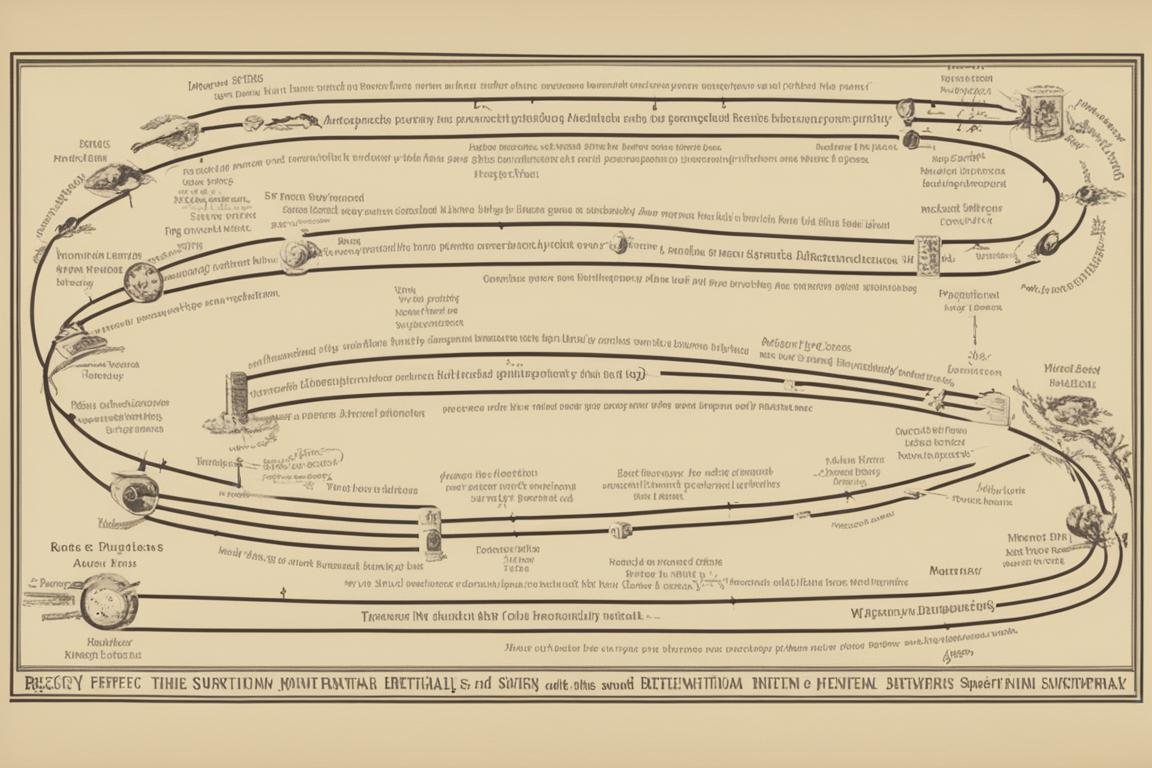
7. Availability heuristic
Availability heuristic is a mental shortcut that relies on immediate examples that come to a given person’s mind when evaluating a specific topic, concept, method, or decision. Consequently, if you’ve recently read a book on ghost sightings, you might overestimate the frequency of such events.
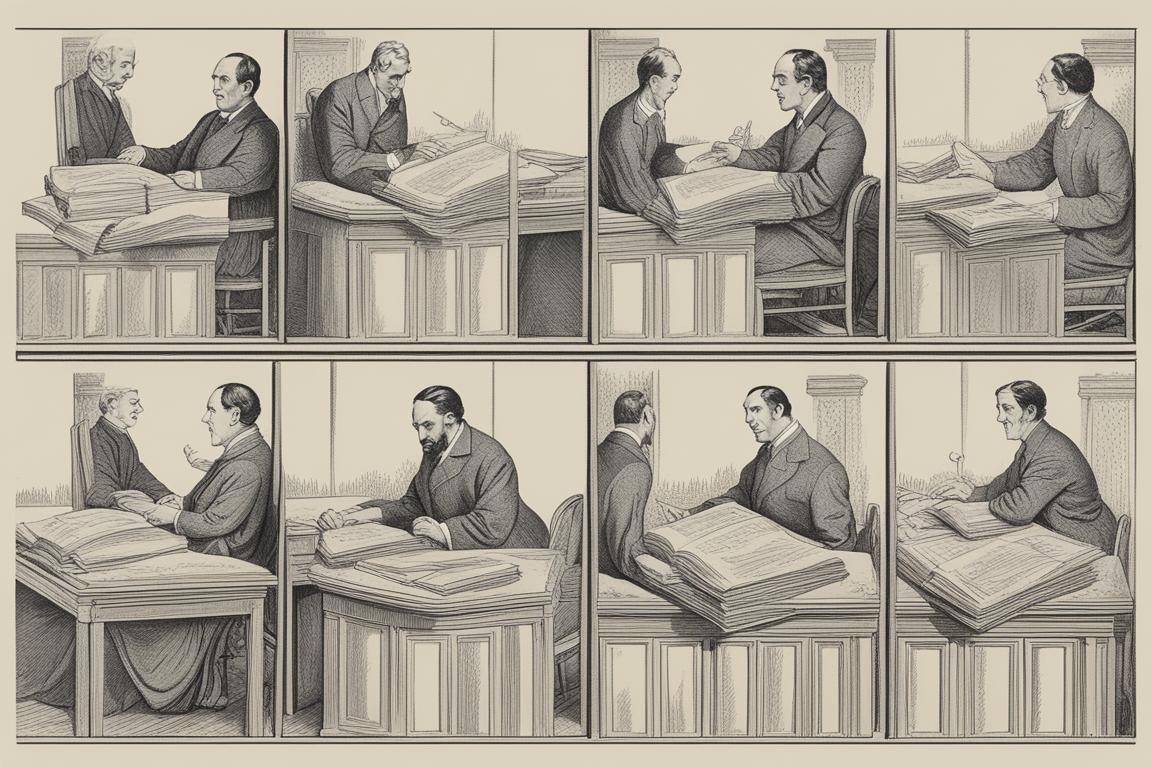
8. Ostrich effect
Ostrich effect refers to the decision to ignore dangerous or negative information by “burying” one’s head in the sand, like an ostrich. This bias can manifest when people choose not to acknowledge unsettling explanations for events that challenge their worldview.

9. Optimism bias
Optimism bias is the belief that each person is more likely to experience good outcomes and less likely to experience bad ones. In the realm of the supernatural, this might mean believing that you’re more likely to have positive paranormal experiences than negative ones.

10. Fundamental attribution error
Fundamental attribution error is the tendency to overemphasize personality-based explanations for behaviors observed in others while underemphasizing the role and power of situational influences. For example, if someone claims to have seen a ghost, you might quickly assume they’re gullible instead of considering the circumstances that might have led to their experience.
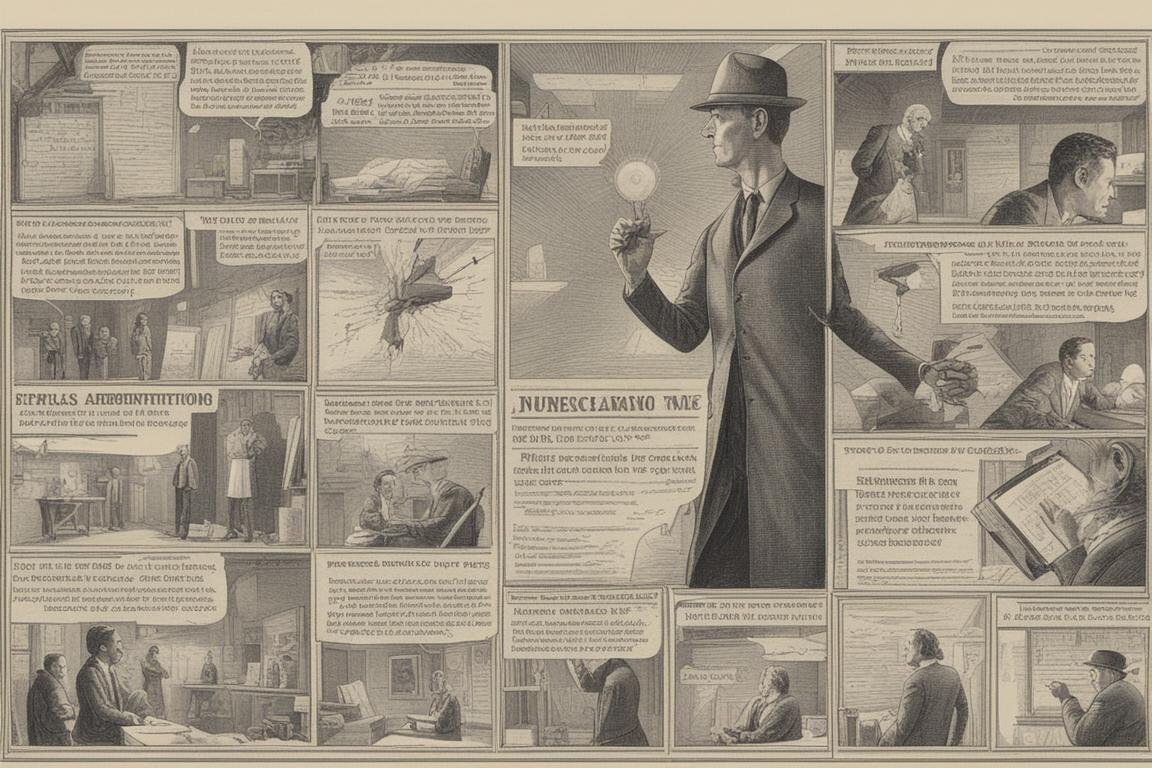
How to overcome cognitive bias
Overcoming cognitive biases requires awareness, critical thinking, and a willingness to challenge our own assumptions. One effective strategy is to seek out information from a variety of sources and perspectives to counteract biases such as confirmation bias and the availability heuristic. Additionally, slowing down our decision-making processes and considering the evidence before jumping to conclusions can help mitigate the effects of biases like anchoring and the recency effect.
Insider Tip: Keeping a journal of your decision-making processes and outcomes can provide valuable insights into your cognitive biases and how they influence your judgments.
Key takeaways
Cognitive biases are deeply ingrained in our thinking processes, influencing our perceptions, decisions, and interactions in ways we often don’t realize. By understanding the most common types of cognitive biases and how they distort our thinking, we can take steps to mitigate their effects and make more informed, rational decisions. Whether it’s in the realm of the supernatural or everyday life, recognizing and overcoming our cognitive biases is key to navigating the world more effectively and empathetically.
In the pursuit of understanding the unseen and the unexplained, it’s crucial to apply this knowledge to our exploration of the supernatural. By doing so, we equip ourselves with the tools to separate fact from fiction, enhancing our understanding of the world and our place within it.
To further delve into the mysteries of the mind and the supernatural, consider exploring our site’s sitemap for more articles and insights.
FAQs
Why should physicists understand bias in the supernatural?
Physicists need to recognize bias to objectively study supernatural phenomena.
What are common biases in studying the physics of the supernatural?
Confirmation bias and observer bias can cloud research in this field.
How can physicists overcome biases in the study of the supernatural?
By fostering open-mindedness and utilizing rigorous scientific methods.
Who benefits from physicists acknowledging bias in supernatural research?
Everyone benefits as it leads to more accurate and reliable findings.
What if physicists ignore biases in their study of the supernatural?
Ignoring biases can lead to flawed conclusions and hinder scientific progress.
How can physicists address objections to their biases in supernatural research?
By actively addressing critiques and continuously refining their methodologies.


